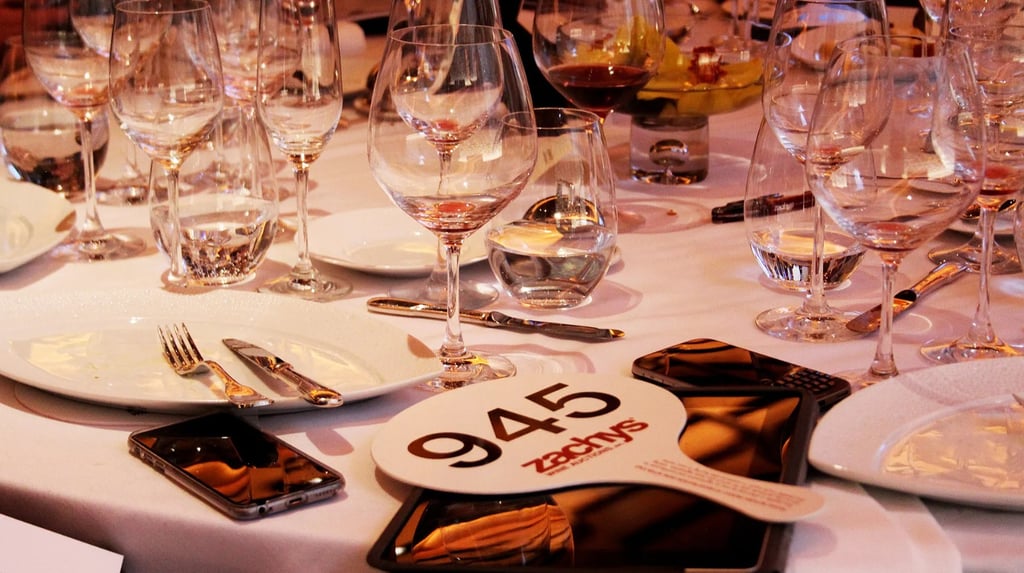
Navigating Wine Auctions in 2025
Tips from the Experts
3/27/2025


Wine auctions offer the thrill of acquiring rare and valuable bottles, often at prices that can significantly increase over time. Whether you're a seasoned investor or a newcomer to the world of fine wine, understanding how to navigate wine auctions is key to building a portfolio of wines with long-term value. In 2025, the auction market continues to grow, with more collectors and investors participating, making it more important than ever to have a strategy in place.
In this week’s WineLux edition, we dive into the world of wine auctions, offering expert tips on how to successfully bid, buy, and sell at auction. From understanding market trends to securing rare bottles, this guide will help you make informed decisions and maximise your returns in the fast-paced auction environment.
Why Wine Auctions Are a Key Opportunity for Investors
Wine auctions have become an essential part of the fine wine investment market, offering access to rare bottles, back vintages, and exclusive collections that are often unavailable through retail channels. Here’s why auctions are so important for wine investors:
Access to Rare Wines: Auctions provide an opportunity to acquire rare and highly sought-after wines that are often difficult to find on the primary market. These include older vintages, limited-edition releases, and wines from estates with small production runs.
Price Discovery: Auctions help determine the true market value of a wine. As collectors compete for limited lots, auction prices reflect real-time demand, offering insights into which wines are increasing in value and which may be underperforming.
Liquidity: For investors looking to sell, auctions provide liquidity in a market that can otherwise be slow to move. By placing your wines in an auction, you can reach a global audience of potential buyers and sell your bottles at competitive prices.
Expert Tips for Navigating Wine Auctions
To make the most of wine auctions, it's essential to have a clear strategy and a good understanding of the process. Here are some expert tips to help you navigate wine auctions successfully in 2025:
1. Research the Market Before You Bid
Before participating in any auction, it’s crucial to do your homework. Understand the current market value of the wines you’re interested in by checking platforms like Liv-ex or past auction results. Knowing the market trends for specific regions, producers, and vintages will help you avoid overpaying for a bottle and allow you to spot bargains that others may overlook.
Pro Tip: Sign up for auction house mailing lists to receive previews of upcoming lots. This gives you time to research the wines and plan your bidding strategy in advance.
2. Set a Budget and Stick to It
It’s easy to get caught up in the excitement of bidding, but seasoned investors know the importance of setting a strict budget. Determine the maximum price you're willing to pay for each wine and resist the temptation to exceed it, even if the bidding gets competitive. Remember, there will always be more opportunities to buy at future auctions.
Pro Tip: Use bidding platforms that allow you to set automatic maximum bids. This can help prevent emotional bidding and ensure you stay within your budget.
3. Focus on Provenance and Condition
One of the most important factors to consider when buying wine at auction is the provenance—the history of the wine’s ownership and storage conditions. Wines that have been properly stored in professional cellars or by trusted collectors are more likely to retain their value and quality over time. Pay close attention to the condition reports provided by the auction house, including fill levels, label condition, and any signs of leakage.
Pro Tip: Don’t be afraid to ask the auction house for additional details about a bottle’s provenance if the information isn’t clear. Auction houses typically have teams dedicated to ensuring the authenticity and condition of the wines they sell.
4. Watch for Emerging Trends
The wine auction market is constantly evolving, with certain regions, producers, or styles experiencing surges in demand. For example, the past few years have seen increased interest in wines from Burgundy, Champagne, and high-quality New World producers. Keep an eye on these trends, as they can offer opportunities to invest in wines before their prices skyrocket.
Pro Tip: Diversify your bids across both established regions (like Bordeaux and Burgundy) and emerging regions (such as California, Oregon, or parts of South America) to balance your portfolio and capture potential future growth.
5. Don’t Overlook Large Format Bottles
Large format bottles, such as magnums or double magnums, tend to appreciate in value more than standard 750ml bottles, particularly for wines with strong aging potential. Large formats age more slowly and are often considered more desirable by collectors. While they may come with a higher initial cost, they can offer significant returns over time.
Pro Tip: Large format bottles are particularly attractive for long-term investments, special events, or resale, as their rarity and desirability often lead to higher prices at future auctions.
Top Auction Houses for Fine Wine in 2025
If you're looking to participate in wine auctions, it’s important to choose reputable auction houses with a proven track record in handling fine wines. Here are some of the top auction houses to consider:
1. Sotheby’s Wine
Sotheby’s is one of the most prestigious auction houses in the world, known for handling rare and valuable wines. Their global reach and extensive network of collectors make Sotheby’s an excellent choice for both buying and selling at auction.
2. Christie’s
Christie’s is another global leader in fine wine auctions, offering both live and online auctions. They regularly feature iconic producers and rare vintages, making them a top destination for serious wine collectors.
3. Bonhams
Bonhams offers a wide range of wine auctions, with a focus on classic regions like Bordeaux and Burgundy, as well as rare whiskies and spirits. Their auctions provide opportunities for both seasoned collectors and those new to wine investment.
4. Acker Merrall & Condit
Acker is the oldest wine auction house in America and has a strong reputation for offering rare and valuable wines. Their auctions, held in locations like New York and Hong Kong, attract a global audience of wine investors and collectors.
How to Sell Your Wines at Auction
If you're looking to sell part of your collection, placing your wines at auction can be an effective way to realise returns on your investment. Here are some steps to follow when selling your wines:
Assess the Value: Work with the auction house to assess the current market value of your wines. This will help you set realistic expectations for the final sale price.
Prepare Your Wines: Ensure your wines are in the best possible condition, with proper provenance and storage history. Auction houses will often require detailed information about the bottles before accepting them for sale.
Choose the Right Auction House: Select an auction house that specialises in the types of wines you are selling. Some houses may have stronger networks for specific regions or styles, which can lead to better sale prices.
Set a Reserve Price: A reserve price is the minimum price you are willing to accept for your wines. Setting a reserve ensures that your wines won’t sell for less than their market value.
Conclusion: Maximising Returns in the Auction Market
Wine auctions offer exciting opportunities for both buyers and sellers in the fine wine market. Whether you're looking to acquire rare bottles, sell part of your collection, or simply explore market trends, having a solid strategy is key to navigating the auction environment successfully. By focusing on provenance, setting clear budgets, and staying informed about market trends, you can maximise your returns and build a portfolio of wines with lasting value.

